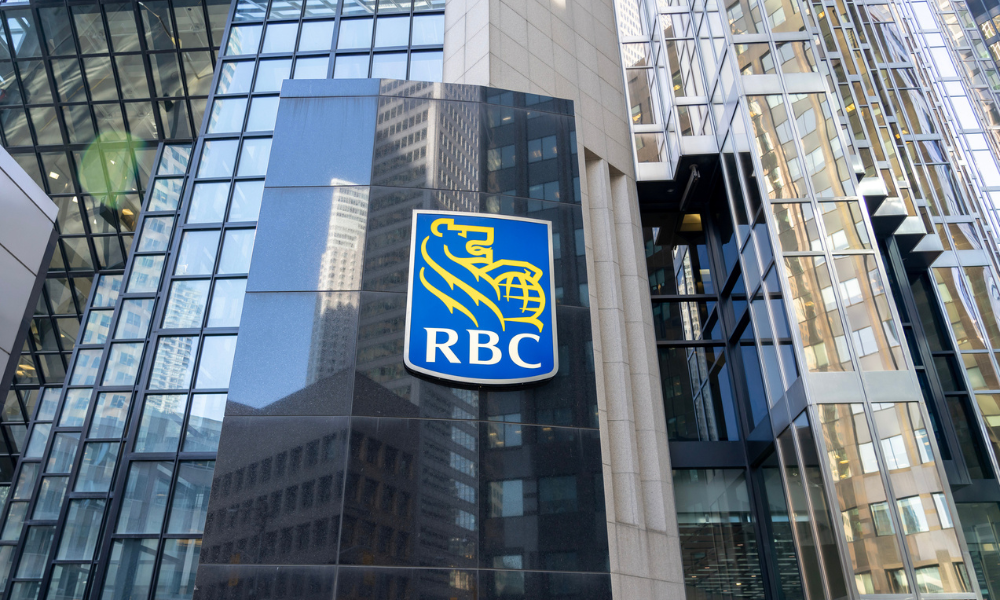The bank is expected to wrestle with higher expenses and "unfavourable deposit trends"

While Royal Bank of Canada (RBC) has surpassed analysts’ expectations for its Q3 results, its near-future challenges merit a re-evaluation of its stock value, according to Veritas analyst Nigel D’Souza.
The bank’s reported net income of $3.9 billion for the third quarter represented an annual increase of $295 million. The bank’s pre-provision, pre-tax earnings also increased year over year to reach $5.2 billion, a surge that RBC attributed to higher revenue from its capital markets business.
However, D’Souza reported that he is significantly downgrading ratings on RBC’s stock (12-month price target) from $140.00 per share to $122 per share.
“We are downgrading RY (RBC) to reduce on a downward revision to our outlook for net interest income growth with unfavourable deposit trends continuing to pressure funding costs and higher non-interest expenses weighing on operating leverage,” D’Souza said in a client note, as reported by BNN Bloomberg.
“We prefer to see a material reduction in expenses and a stabilization in funding costs before turning more bullish on RBC’s near-term outlook.”
Royal Bank of Canada (RBC) has revealed its third-quarter results, indicating an 8% increase in net income compared to the previous year.
— Canadian Mortgage Professional Magazine (@CMPmagazine) August 24, 2023
Read more: https://t.co/2VH2w5plj9#breakingnews #mortgageindustry #banknews
Stocks poised for strong recovery
Lower valuations might prove daunting for market players in the near term, but for Paul Harris of Harris Douglas Asset Management, now is actually the best time to hold onto stocks like RBC’s.
“You own them here, not sell them here,” Harris said in an interview with BNN Bloomberg.
This is because taking all their diverse portfolios and revenue streams into account, the Big Six banks are ideally positioned to endure any economic downturns.
“Over the next couple years, they are going to generate a great return, especially if the interest rate market changes,” Harris predicted.



